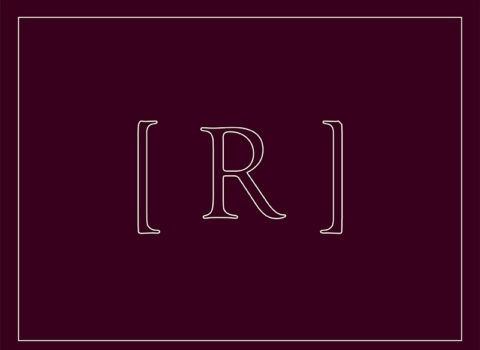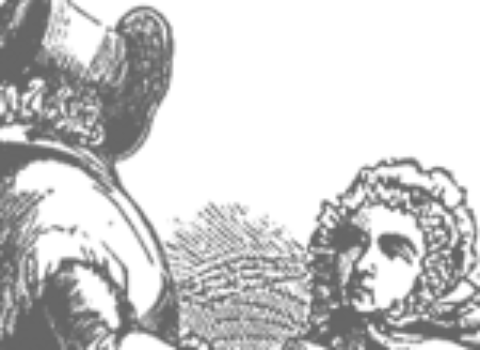From an outline for a book Charles Baudelaire planned to write on Belgium, where he lived from 1864 until shortly before his death, in 1867. The outline is published in the Spring 2014 issue of Conjunctions. Translated from the French by Richard Sieburth, whose book Late Baudelaire is due out next year from Yale University Press.
Initial impressions. It is said that every city, every country, has its smell. Paris, they say, smells or used to smell of acrid cabbage. Cape Town smells of sheep. There are tropical isles that smell of roses, musk, or coconut oil. Russia smells of leather. Lyon smells of coal. The Orient generally smells of musk and corpses. Brussels smells of black soap. The hotel rooms smell of black soap. The beds smell of black soap. The napkins smell of black soap. The sidewalks smell of black soap.
Cigars, vegetables, flowers, fruits, cuisine, eyes, hair, everything bland, everything sad, flavorless, asleep. The human face itself, blurred, clouded, asleep.
Just as Joubert gave thanks to God for having made him a man and not a woman, so you, too, will thank him for having created you not Belgian but French.
Alongside the myth of Belgian liberty and of Belgian cleanliness, let’s place the myth of how cheap it is to live in Belgium.
Brussels much louder than Paris; reasons for this. The local loudmouthed accent, atrocious; the clumsiness, widespread; the whistling (describe), a national trait; the dogs barking all the time.
The ludicrous way the Belgians lurch along. They proceed forward by looking over their shoulders, endlessly bumping into things.
An amazing quantity of hunchbacks.
Typical physiognomy comparable to that of the sheep or ram. Smiles impossible because of the recalcitrance of the muscles and the set of the teeth and jaws.
The feet, horrors!!!
Monstrous bosoms typically developing quite precociously, swelling like swamps owing to the humidity of the climate and the gluttony of the women.
The stench of the women. Anecdotes.
He is an ape, but he is also a mollusk.
Distrust of laughter. Bursts of laughter for no apparent reason. Belgians are ruminants who digest nothing.
How I managed to incite an entire hall into applauding an over-the-hill second-rate dancer.
Hatred of poetry.
No literature.
No metaphysics.
No art.
Sculpture, nada.
Contrary to received opinion, its Rubenses are far inferior to those in Paris.
The Clergy, ponderous, crude, cynical, lubricious, rapacious. In a word, Belgian.
The Rydeck is a joke. It’s the kind of sprawling brothel one finds on the outskirts of Paris.
The countryside around Brussels: fat, buxom, moist, like the Flemish female — murky, like the Flemish male. No insects, no birds.
The King’s ridiculous aversion to dying.
A ghost town, a mummy of a town, it smells of death, the Middle Ages, and tombs.
Belgium is a sniveling little ragamuffin who throws himself around the neck of a fine gentleman and says to him: “Adopt me, be my father!” There are already enough morons in France. But I would not object to an invasion, to a razzia, a raid in the fashion of Attila. Everything beautiful could be carted off to the Louvre. All this belongs to us far more legitimately than it does to the Belgians, given that they no longer have a clue about it. And the fairer Belgian sex would make the acquaintance of the Turcos, who are not very hard to please.
Belgium is a monster.





